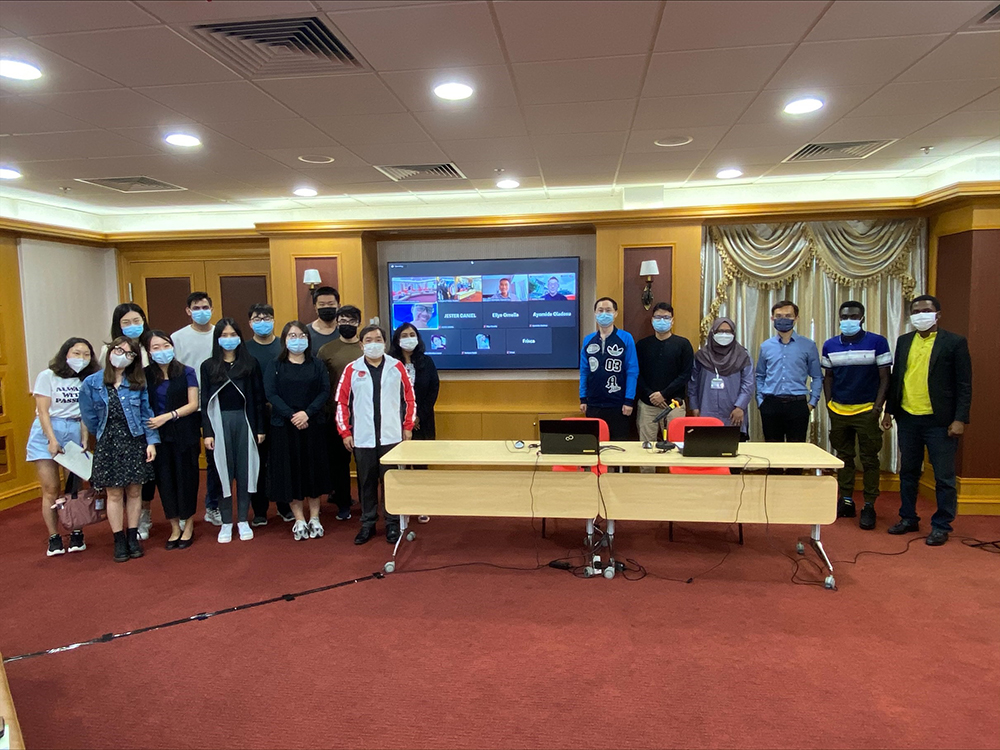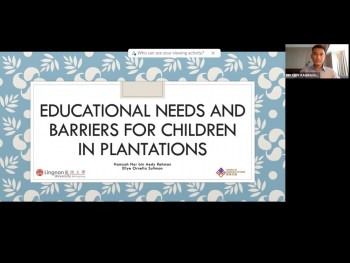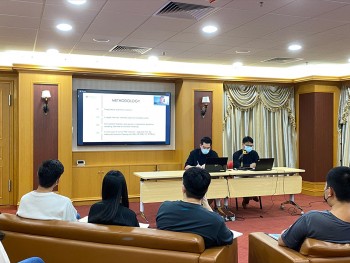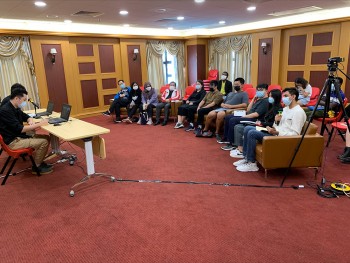Highlights of the 2nd Seminar in the Policy and Comparative Development Studies Seminar Series

The second ‘Policy and Comparative Development Studies Seminar Series’ was held on 4 November 2021. In this session, Mr Hamzah Nor bin Aedy Rahman presented his on-going research on Educational Needs and Barriers for Children in Plantations, a research he worked with his ex-colleague from Malaysia, Mrs Ellye Ornella Suliman. Around 32 attended this session on-site and online.
As a developing country in Southeast Asia, Malaysia focuses on many different economic sources including rubber and palm oil industries. In fact, rubber and palm oil industries are one of the major income sources. According to the Malaysian Palm Oil Board (2017), there are 5, 065 estates in Malaysia, encompassing a 4, 904, 037 hectares of land in 2016. In addition, Wan Hassan et al. (2015) highlights many Indonesian labourers often work in these palm oil plantations. However, since they are not Malaysian citizens, fulfilling their basic rights such as education is a difficult endeavour.
Drawing upon these issues, their major research objective is to explore the different factors and barriers to access education for children in plantations. The Indonesian Government estimates that there are over 60, 000 Indonesian children in plantations across Sabah, a state in Malaysia. Unfortunately, these children are often undocumented and negated from accessing education. Despite several interventions such as Community Learning Centres (CLC) and Alternative Learning Centres (ALC), these mechanisms are often limited to those who can afford it. What made the scenario worse, there is inadequate data trailing the enrolment rates and drop-out rates of children in plantations. As a result, finding a practical solution is often challenging.
Thus, incorporating Tomaševski’s 4-A Scheme and social justice perspectives, their qualitative study took place in two districts in Sabah, Malaysia, where they interviewed teachers and parents who work and live in palm oil plantations. Their preliminary findings concluded that parents are motivated to send their children to school for a better future. However, the cost of education and the safety of children in plantations are some of the barriers identified in their preliminary stage.
 |  |  |

